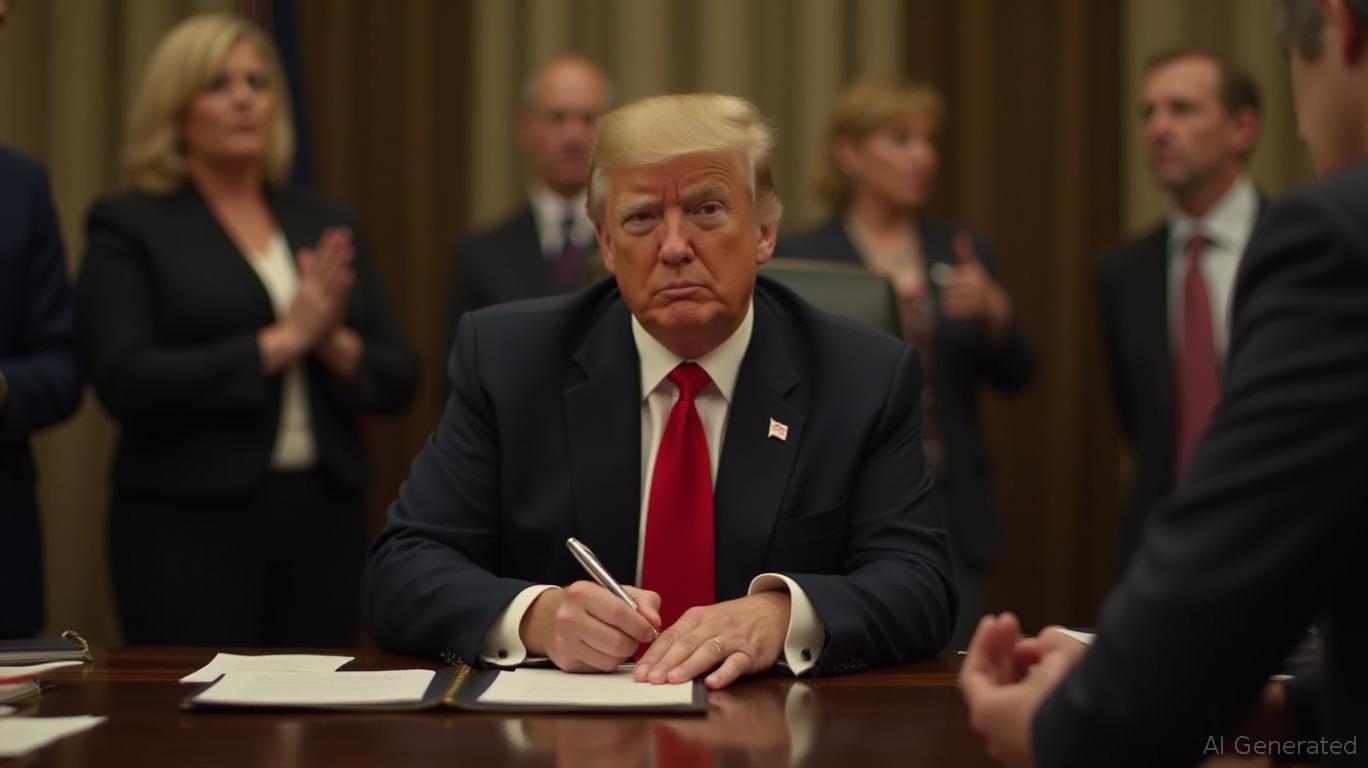President Donald Trump’s abrupt dismissal of Federal Reserve Governor Lisa Cook on August 25, 2025, has reignited a national debate on the independence of central banking and the role of decentralized currencies such as Bitcoin [1]. This marks the first direct removal of a sitting Fed governor in U.S. history, challenging the traditional understanding of the Federal Reserve’s autonomy from political pressures [1]. Cook, a respected economist with a career spanning academia, public service, and central banking, was serving a term set to conclude in 2038 [1]. The stated reason for the dismissal was alleged misconduct related to mortgage disclosures; however, the timing and context of the move—occurring alongside Trump’s controversial remarks on dictatorship—have fueled suspicions of political motivation [1].
The Federal Reserve was established to operate beyond the reach of short-term political cycles, ensuring that monetary policy decisions are guided by economic data rather than electoral pressures. As former Fed Chair Ben Bernanke once stated, “a central bank subject to short-term political influences would likely not be credible.” This principle underpins the Fed’s ability to maintain long-term economic stability [1]. However, Trump’s actions suggest a shift in the relationship between the executive branch and monetary policy, where the former is increasingly asserting influence over the latter [1].
The dismissal has also elevated the profile of Bitcoin in public discourse. The cryptocurrency, which emerged in 2009 in the aftermath of the financial crisis, is often seen as a response to concerns about centralized control. Its design—a decentralized, peer-to-peer system with a fixed supply of 21 million coins—offers a model of money that is resistant to manipulation by any single authority. This has led some to view Bitcoin as an attractive alternative in an era of perceived political overreach and institutional instability [1].
Yet, Bitcoin’s appeal comes with its own set of challenges. Its price volatility and lack of centralized oversight make it ill-suited as a stable medium of exchange, especially during economic crises when rapid intervention is required. Central banks, in contrast, can act as stabilizers by adjusting interest rates, providing liquidity, and managing systemic risks. The absence of these capabilities in decentralized systems raises questions about their role in broader financial ecosystems [1].
The debate now centers on whether money should be entirely insulated from political influence or managed by democratic institutions accountable to the public. While some advocate for a fully decentralized model, others see value in hybrid systems that combine the efficiency of blockchain with the safeguards of regulation. Proposals like the GENIUS Act aim to explore such models by incorporating regulated stablecoins into the existing financial framework [1].
As the U.S. continues to grapple with political and economic uncertainties, the removal of Lisa Cook underscores a critical moment in the evolution of monetary governance. The tension between centralized and decentralized systems is not new, but it has taken on greater urgency in a post-2025 landscape where trust in institutions is increasingly scrutinized. Whether Bitcoin remains a marginal alternative or becomes a more significant player in global finance will depend on both technological developments and the public’s evolving perception of trust in both code and institutions.
Source: [1] Trump Ousts Fed Governor Lisa Cook, Raising Debate On Banks Vs Bitcoin (https://www.forbes.com/sites/beccabratcher/2025/08/26/trump-ousts-fed-governor-lisa-cook-raising-debate-on-banks-vs-bitcoin/)

